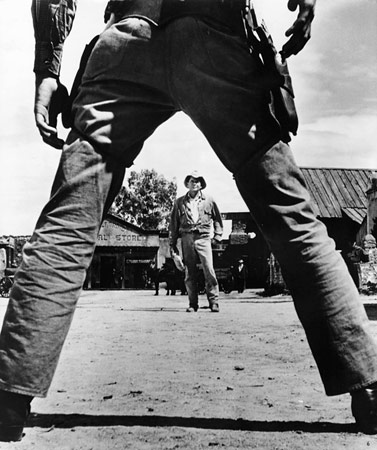approach: visceral and inspiring learning experiences
As we spent more and more time analyzing school projects and working with educators, we recognized that the conversation was mired in what was rather than what could be. Student population projections, state authorized reimbursable venues, and traditional teaching methodologies all froze the exploration before it could produce anything but what we've always built and always seen.
There is no doubt that the neutral 800 or 900sf classroom, the gym/cafeteria/auditorium/library array, the playground layout, the sports venues and the "office": administrative spaces, nurses space and storage, all have served us moderately well, some of it even remembered fondly by the alumni of the system. We think, however, that the status quo is more of a budgeting and planning convenience than an inspiration to the parents, students and teachers. In a world where creativity is recognized as a significant indicator of future success, and where a rich landscape of different learning modalities and intelligences are at work, the notion of a "neutral" classroom seems like a cop-out.
Herewith, our list of learning experiences we wish were commonplace, and better served by the educational venues we build:
1. The Race








